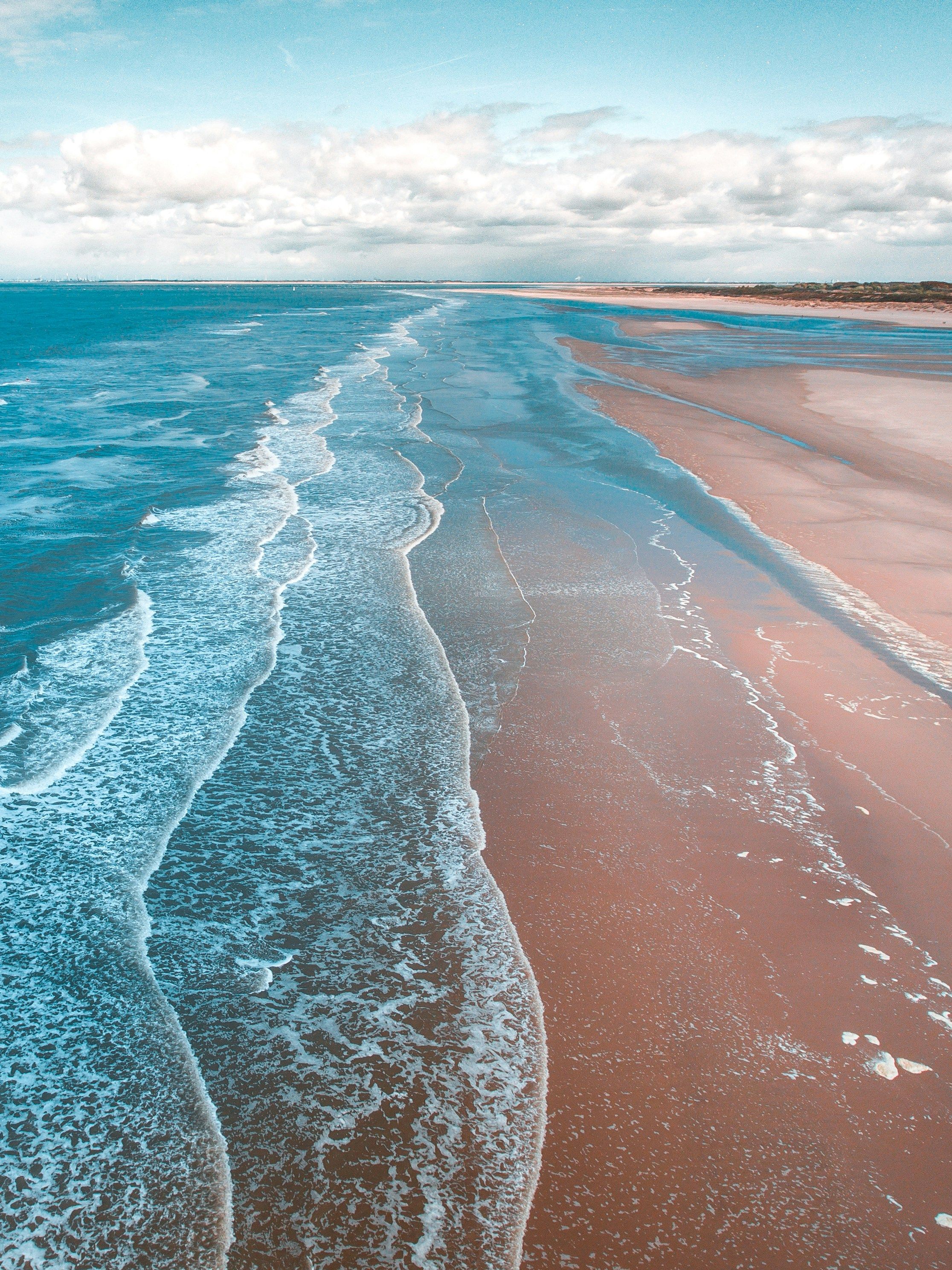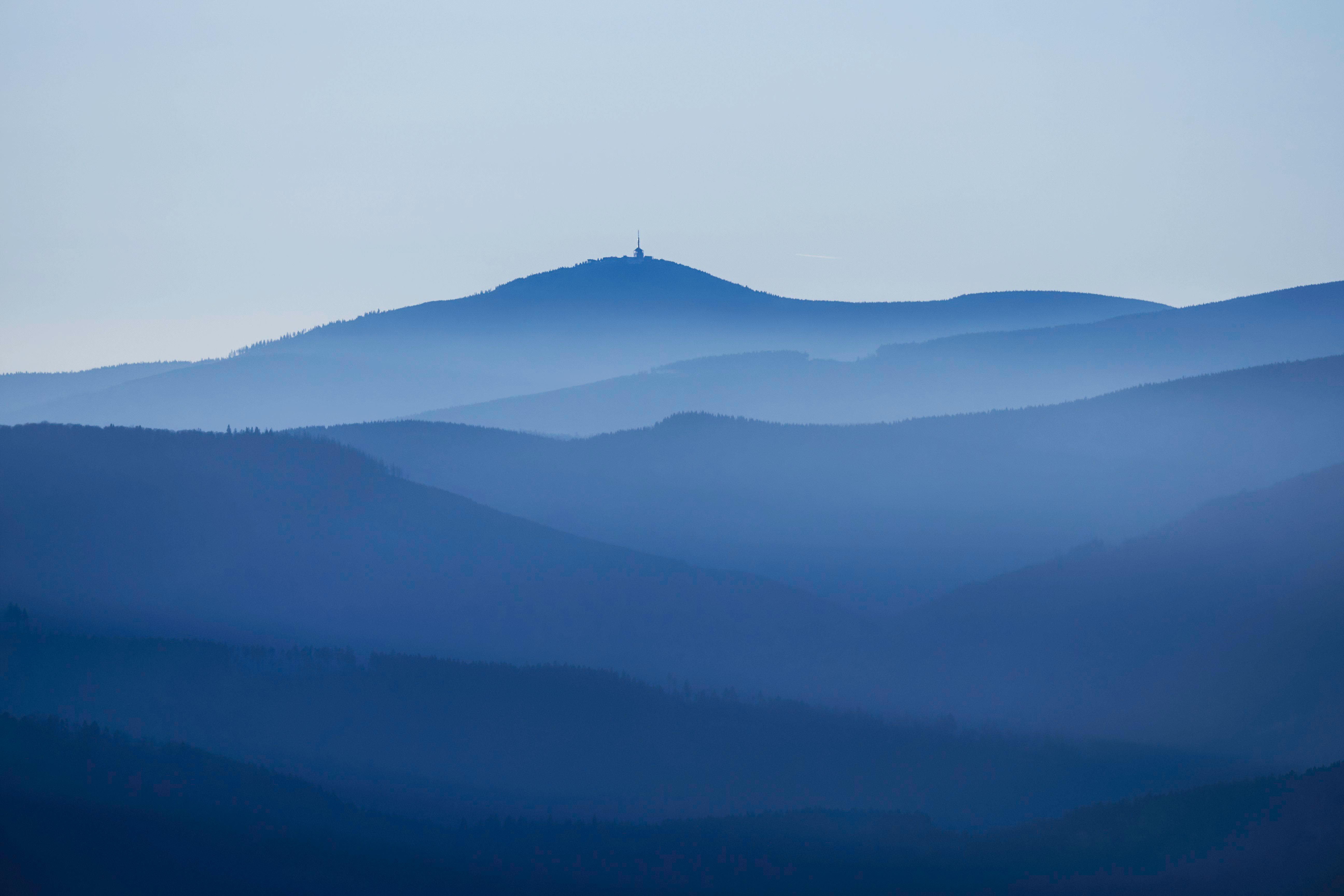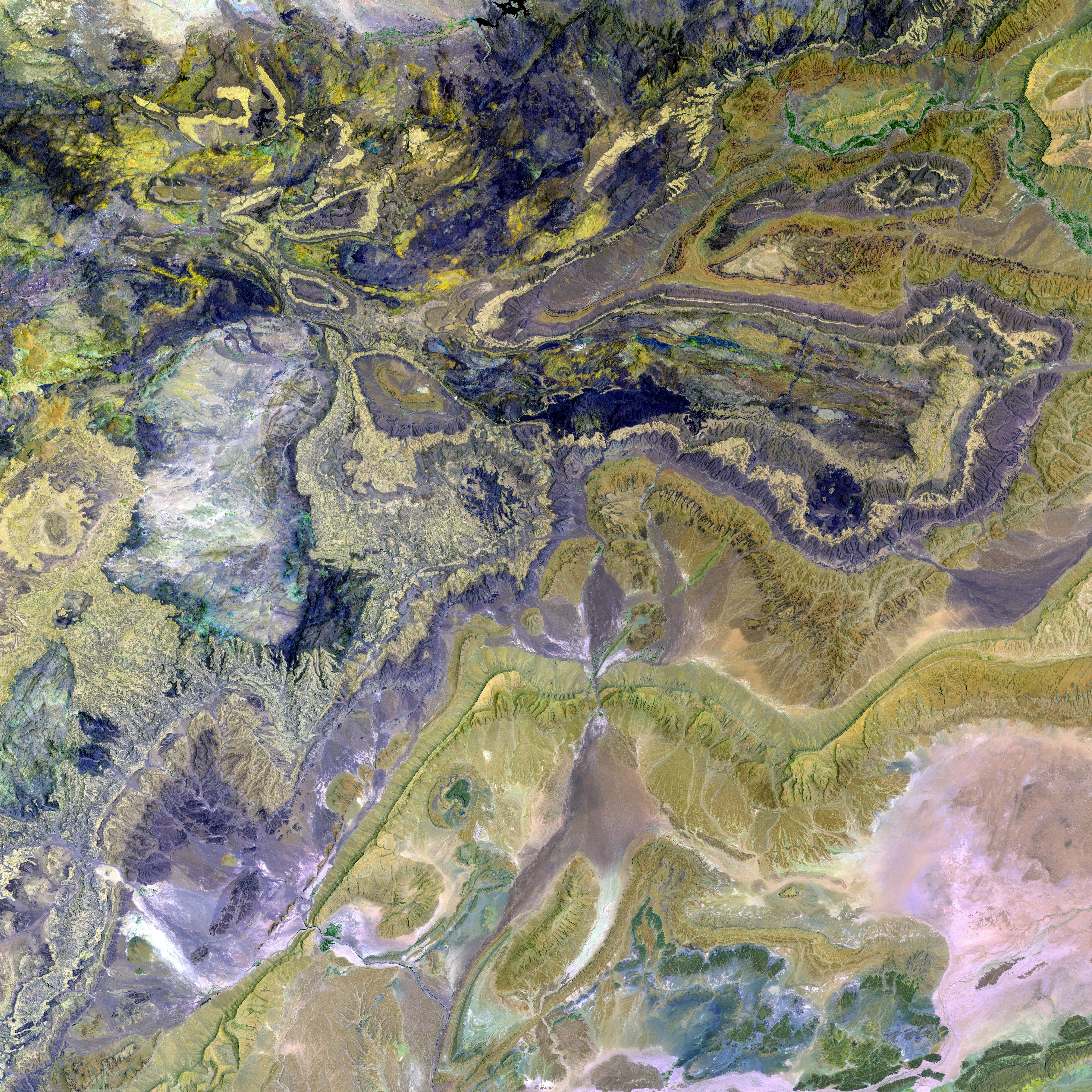Trump and al-Shaara's Tete-a-Tete: A Momentous Meeting in Riyadh
Trump Praises Syrian President Following Their Encounter - "Trump lavishes praise on Syrian president following their meeting"
After a quarter-century gap, the leaders of the US and Syria finally shared a room, marking a historical first. Bill Clinton, the last American leader to meet Hafis al-Assad back in 2000, was definitely not present for this one.
The Syrian Ministry of Foreign Affairs labeled the half-hour rendezvous between Trump and al-Schaara as "historic." Just a day prior, Trump declared the abolition of decades-old sanctions against Syria.
En route to Qatar aboard Air Force One, Trump deemed the transitional president of the Islamic government in Syria as a "tough cookie" with a "formidable past." The Islamic HTS militia, headed by al-Schaara, and its affiliates had managed to topple Assad after more than a decade of bloody civil war in December.
Though once a fragment of Al-Qaeda, responsible for the 9/11 attacks in the USA, the HTS disavowed the terrorist network years ago. Since ascending the throne as the interim president, al-Schaara has endeavored to project a more moderate image.
As per the White House, Trump pressed al-Schaara during their encounter to establish diplomatic ties with Israel and evict Palestinian "rabble-rousers." He also encouraged Syria to claim control over detention camps in northeastern Syria, where members of the Islamic State (IS) militant group are detained, currently in the custody of Kurdish fighters.
The Saudi Crown Prince and de facto ruler, Mohammed bin Salman, and Turkish President Recep Tayyip Erdogan were also present at the meeting, according to the official Turkish news agency Anadolu. The Syrian Ministry of Foreign Affairs mentioned that Trump and al-Schaara discussed avenues for strengthening the Syrian-American partnership in counterterrorism efforts, without delving into the matter of establishing relations with Israel.
Trump revealed aboard Air Force One that al-Schaara had agreed to his request, like other Arab nations, to ink a so-called Abraham Accord for normalizing relations with Israel. However, Trump emphasized that Syria still had a substantial amount of work to do in this regard.
The revoking of US sanctions, announced by Trump on Tuesday, elicited joyful outbursts in Syria, with citizens taking to the streets to celebrate. Syrian Foreign Minister Asaad al-Schaibani described it as a "critical turning point for the Syrian people in our journey towards a future of stability, economic prosperity, and genuine reconstruction after years of devastating war."
Post his conversation with al-Schaara, Trump met with leaders of the Gulf region, asserting that this would pave the way for Syria to have a "strong, promising opportunity" for reconstruction—a challenge not easily conquered.
Saudi Arabia and Turkey had been advocating for a détente between the US and Syria following the fall of Assad. However, Trump's overtures towards rapprochement ran counter to Israel's reservations about the new Syrian politburo.
As late as February, the EU had partially suspended its sanctions against Syria, with the US demanding the protection of minorities as a prerequisite for lifting the sanctions from the new Syrian regime. The new Syrian leadership has often declared its intent to safeguard minorities, such as the Alawites and Druze. However, in recent weeks, fighters affiliated with the Syrian government have reportedly launched attacks on members of these religious minorities, resulting in multiple casualties.
Meanwhile, Trump is primarily set on economic goals with his three-day Middle East tour. On the initial day, the US and Saudi Arabia sealed an arms deal valued at $142 billion (€127.4 billion). The Gulf state will receive advanced military equipment from the US, according to the White House.
In Qatar, Trump then announced that the country's airline, Qatar Airways, had placed an order for 160 aircraft worth $200 billion (€178 billion) from US aircraft manufacturer Boeing. "This is the largest order in Boeing's history," he said, calling it a "nice win."
However, Trump faces accusations of conflicts of interest at home, as he hopes to hitch a ride on a luxury jet offered to him by Qatar as the new Air Force One.
[1] Enrichment Data: The information provided in the search results suggests that Syria is attempting to rebuild following the civil war and is facing international pressure to ease sanctions to facilitate this process. The country's political situation is still complex, dominated by the Assad regime, but there have been efforts towards political reform and transition. Syria's relations with Israel remain strained, while there is ongoing regional instability triggered by conflicts in countries like Gaza. The US maintains sanctions on Syria and has been involved in diplomatic efforts to stabilize the region, but direct engagement with Syria's government is limited due to political and legal constraints.
- The US President, Donald Trump, labeled the transitional president of Syria, Al-Schaara, as a "tough cookie" with a "formidable past," on his way to Qatar aboard Air Force One.
- Following the negative connotations associated with Al-Qaeda, the Islamic HTS militia, headed by Al-Schaara, disavowed the terrorist network years ago.
- The revoking of US sanctions on Syria by Trump has led to joyful outbursts among the Syrian population, with citizens taking to the streets to celebrate.
- Despite efforts towards political reform and transition in Syria, international pressure to ease sanctions and facilitate rebuilding has remained prominent, with implications for regional instability and the country's relationship with Israel.




